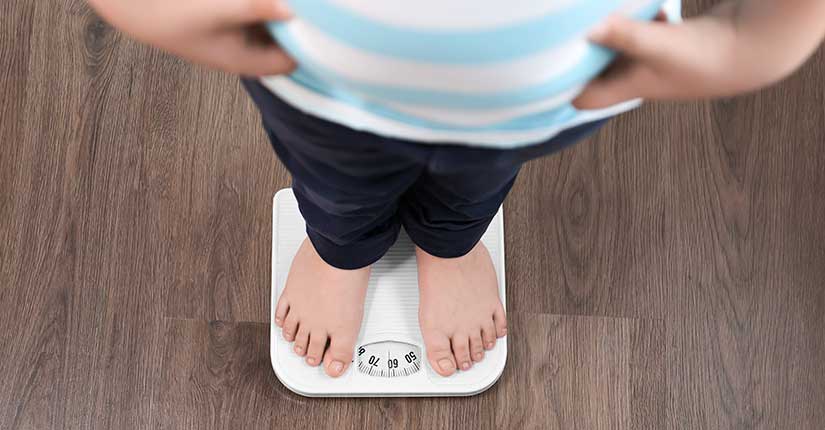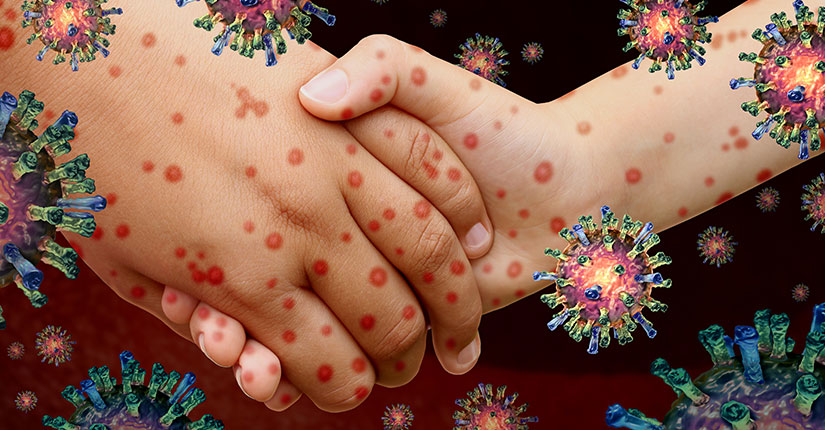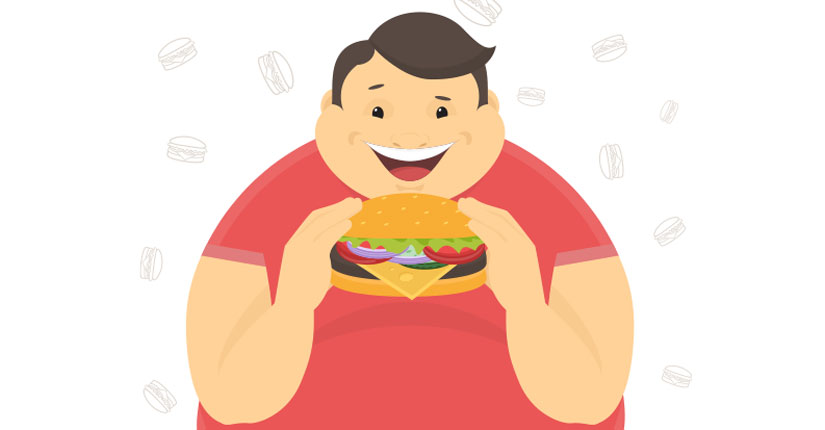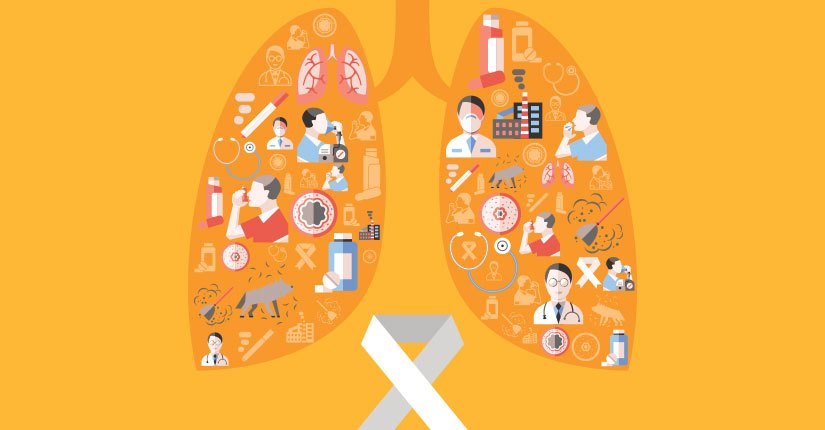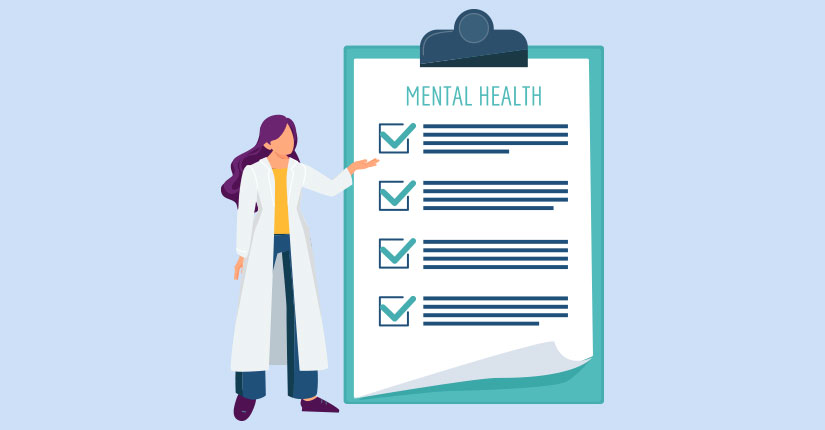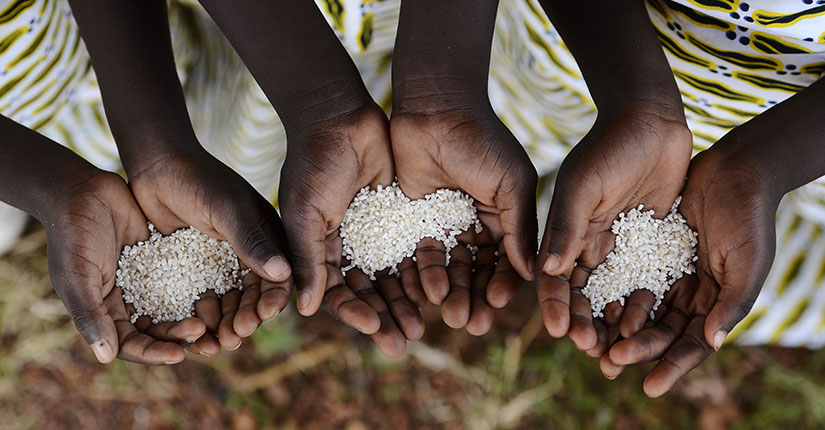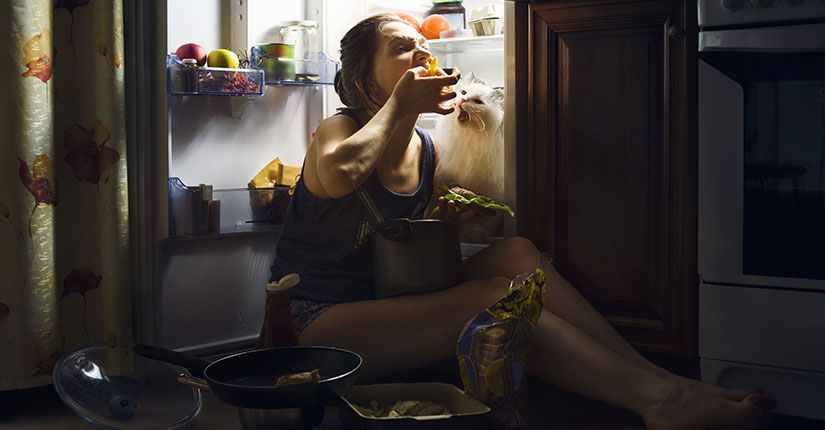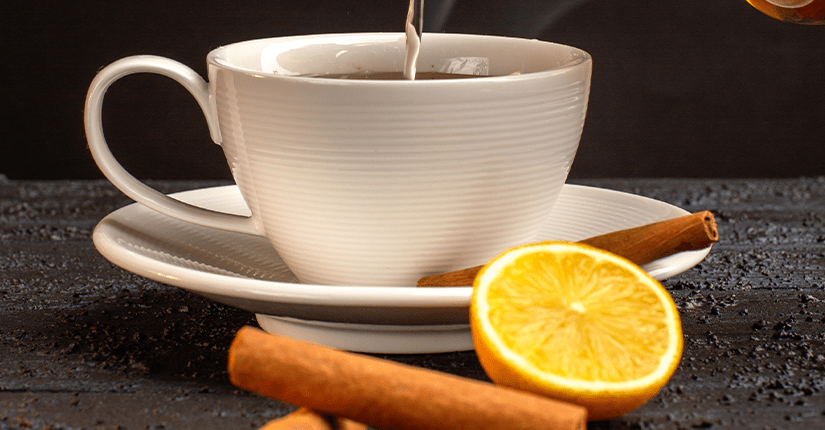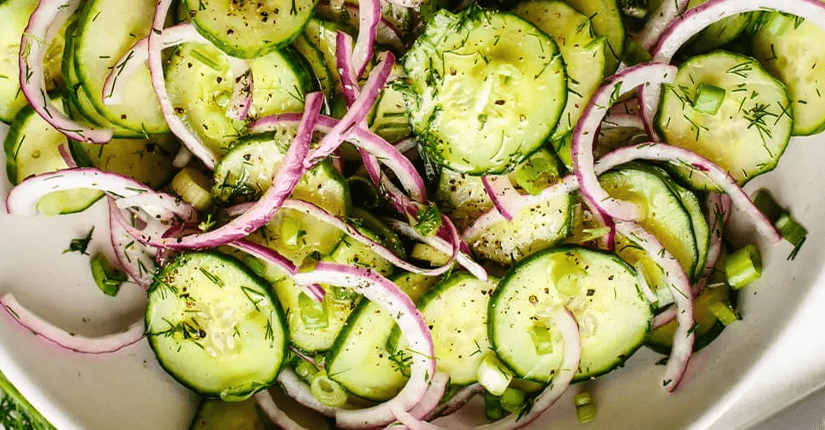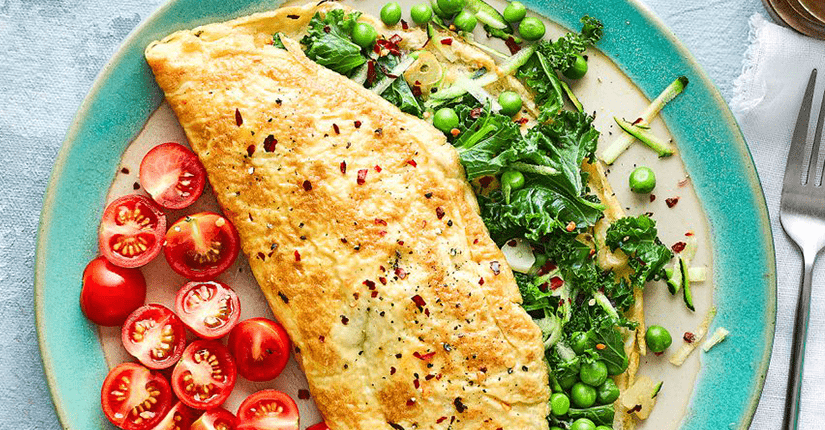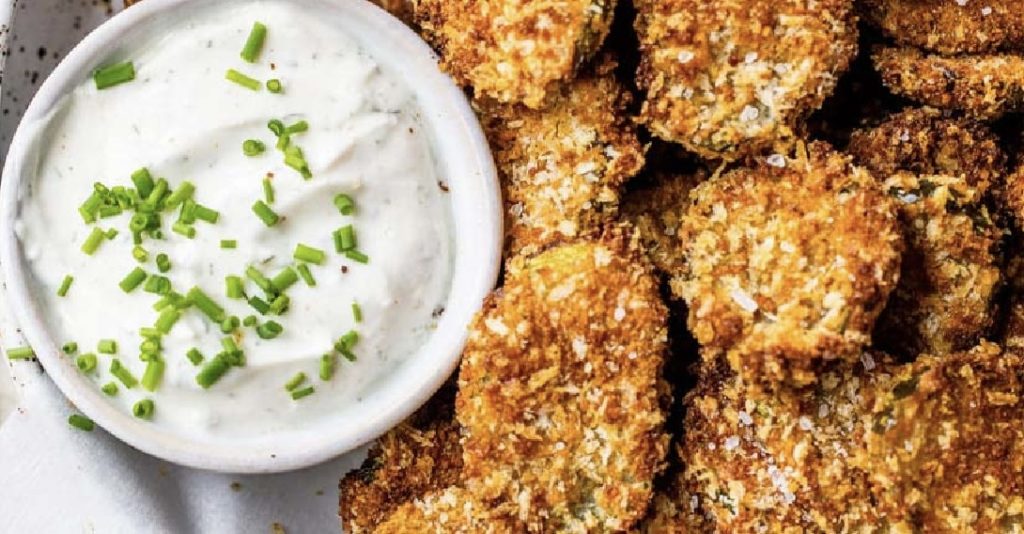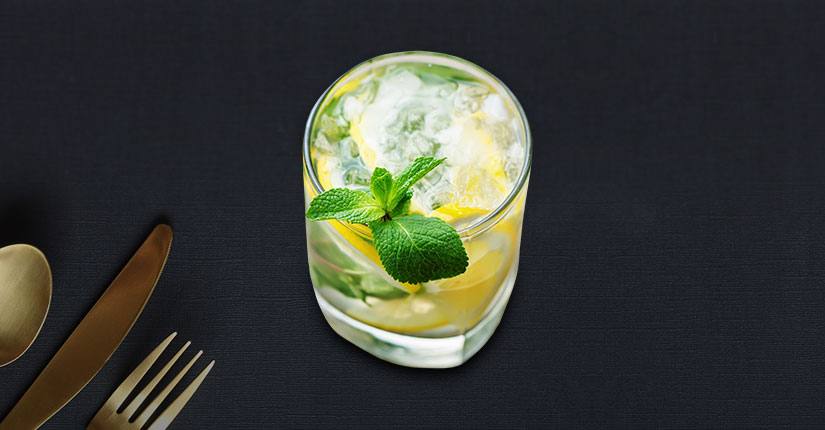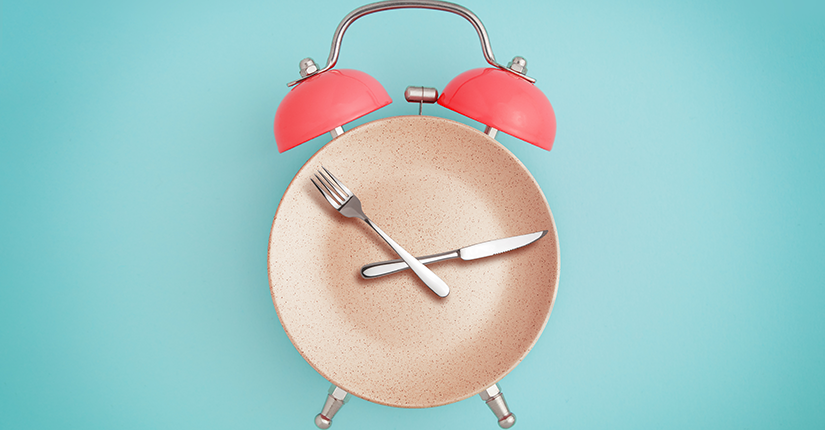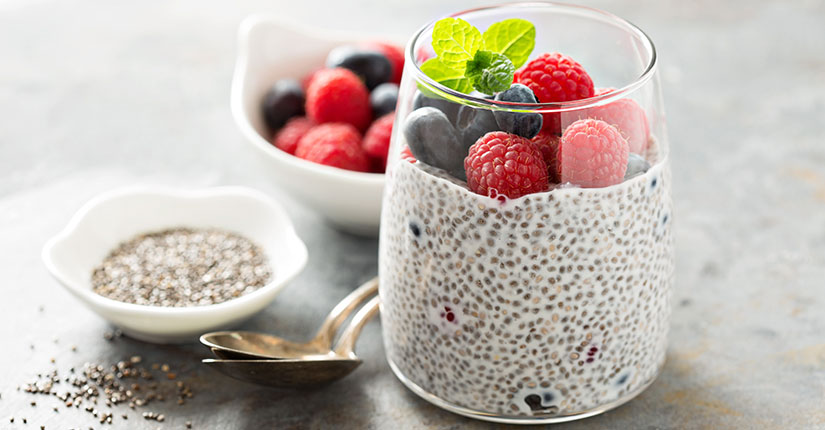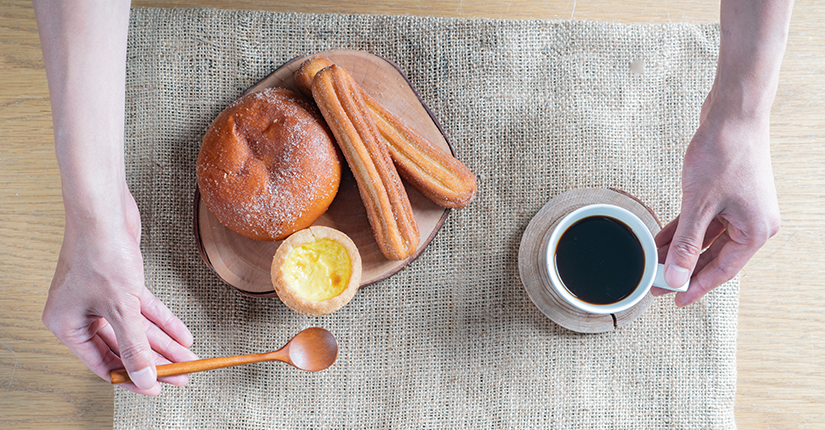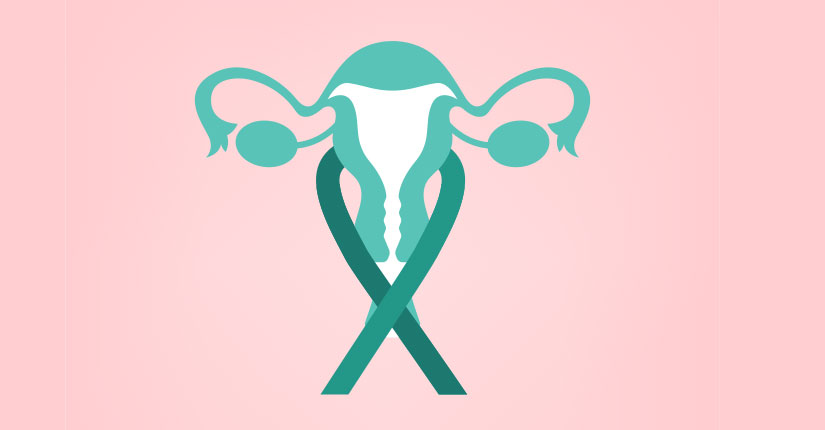Here’s all you need to know about Haemophilia – Food Consumption & Dietary Behaviour
By Nmami Agarwal 17-Apr 2021 Reading Time: 4 Mins
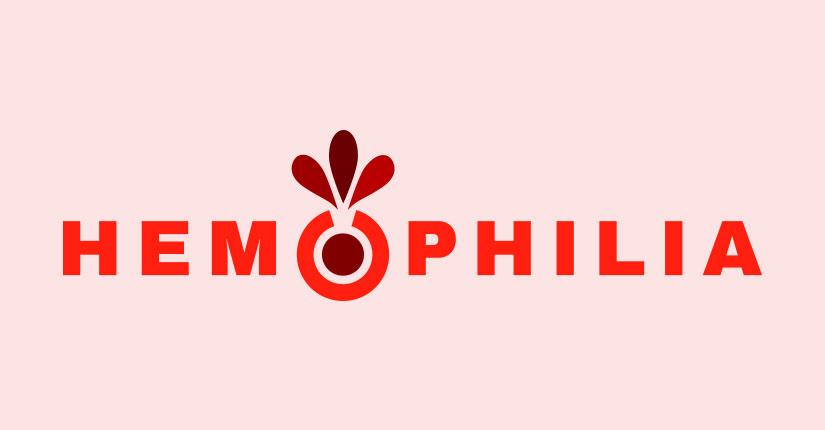
World Haemophilia Days is celebrated on 17th April.
Haemophilia is a rare and inherited bleeding disorder where blood doesn’t clot properly. It is caused due to lack of blood clotting proteins.
A person suffering from haemophilia may bleed for a longer time after an injury. Small cuts usually aren’t much of a problem. The greater health concern is deep bleeding inside an affected person’s body, especially in knees, ankles and elbows. And that internal bleeding can damage the organs and tissues, and may be life-threatening.
Haemophilia, whether it’s type A, B or C, puts great strain on muscles and joints. Although medications and therapies are used in the treatment of haemophilia yet making informed choices regarding diet can have a large impact on quality of life. So, maintaining weight, eating well and avoiding certain foods becomes important.
So, individuals are recommended to stick to a diet plan in whole foods and low in fats, added sugar and salt.
Foods to Eat in Haemophilia:
- Include Calcium – Calcium helps build bones. It further supports platelet formation and blood clotting as well. Include low-fat or fat-free milk, yogurt, almonds, broccoli, tofu, figs etc in every day diet.
- Top up with Iron – Keeping up with iron levels is particularly important for people with haemophilia, as an estimated 0.75 micrograms of iron is lost with each 15 ml of blood. Iron-rich foods include lean red meat, liver, poultry, leafy green vegetables such as spinach, broccoli, dried beans, grains, and raisins. Consuming together iron-rich foods with good sources of vitamin C can enhance iron absorption by the body.
- Get rich with Vitamin C Foods – Vitamin-C rich diet can help improve blood clotting and the production of collagen in our body. Collagen helps reduce the severity of bruising associated with Haemophilia. Include foods such as strawberries, oranges, apples, kiwi, spinach, papaya etc.
- Include Vitamin K rich Foods – Vitamin K is one of the most important fat-soluble vitamins for blood clotting. Foods such as spinach, broccoli, turnip greens, lettuce, cabbage, oats, canola oil etc. are rich in Vitamin K that helps to control excessive bleeding.
- Vitamin B – Vitamin B12 and B6 helps in the production of red blood cells and improve blood circulation and production in the body. Include foods such as banana, peas, corn, egg yolk, poultry, whole grains etc.
Foods to Avoid in Haemophilia:
Stay away from foods that are high in saturated fat and sugar. Avoid fatty and fried foods, snacks, sweets and fizzy drinks. And, avoid taking supplements without your doctor’s consultation as these can make bleeding worse.
Over to you:
Proper diet and lifestyle can improve the quality of life of those living with haemophilia. Sustaining a healthy body weight, a nutrient-dense eating plan, and regular exercise can effectively ease symptoms and complications related to the disorder

